In addition to these full profiles, visitors can also find our #WomenInScience series on our Instagram feed and LinkedIn profile
.
To learn more about NICHD’s culture and staff, please visit Get to Know NICHD, and visit our NICHD Research Profiles to learn about the efforts and activities of institute-funded grantees and trainees.
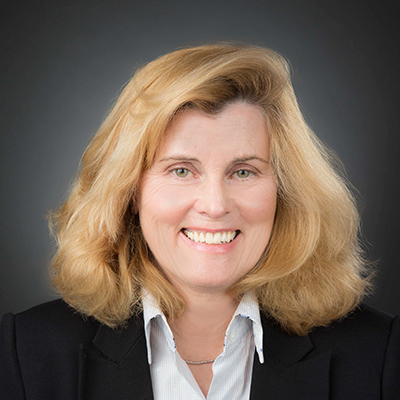
Tracey Rouault, M.D.
Dr. Rouault is a Distinguished NIH Investigator, head of the Section on Human Iron Metabolism, and a U.S. veteran.
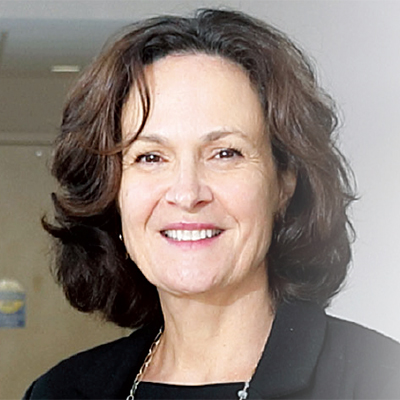
Veronica Gomez-Lobo, M.D.
Dr. Gomez-Lobo is director of Pediatric and Adolescent Gynecology in NICHD’s Division of Intramural Research.
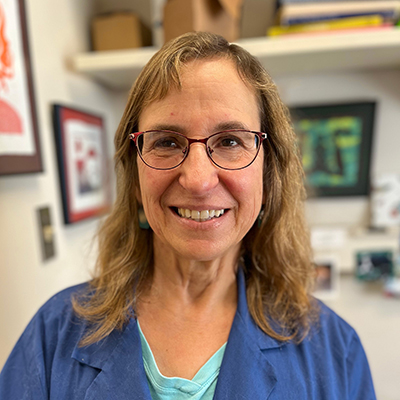
Judith Kassis, Ph.D.
Dr. Kassis leads the Section on Gene Expression and is Head of the Genetics and Epigenetics of Development Affinity Group in NICHD’s Division of Intramural Research.
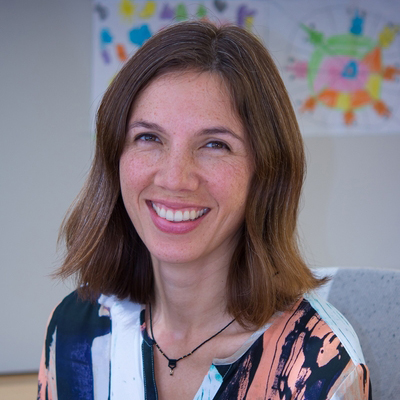
Claire Le Pichon, Ph.D.
Dr. Le Pichon leads the Unit on the Development of Neurodegeneration in NICHD’s Division of Intramural Research.
Una Grewal, Ph.D., M.P.H.
Dr. Grewal is the Director of the Division of Population Health Research within NICHD’s Division of Intramural Research.
Alison Cernich, Ph.D.
Dr. Cernich is the Acting Director and Deputy Director of NICHD.
Mary Dasso, Ph.D.
Dr. Dasso leads NICHD’s Section on Cell Cycle Regulation and serves as an associate scientific director in the Division of Intramural Research (DIR).
Gisela Storz, Ph.D.
Dr. Storz is a senior investigator in NICHD’s Section on Environmental Gene Regulation and an associate scientific director in DIR.
Keiko Ozato, Ph.D.
Dr. Ozato is a senior investigator in the Section on Molecular Genetics of Immunity.
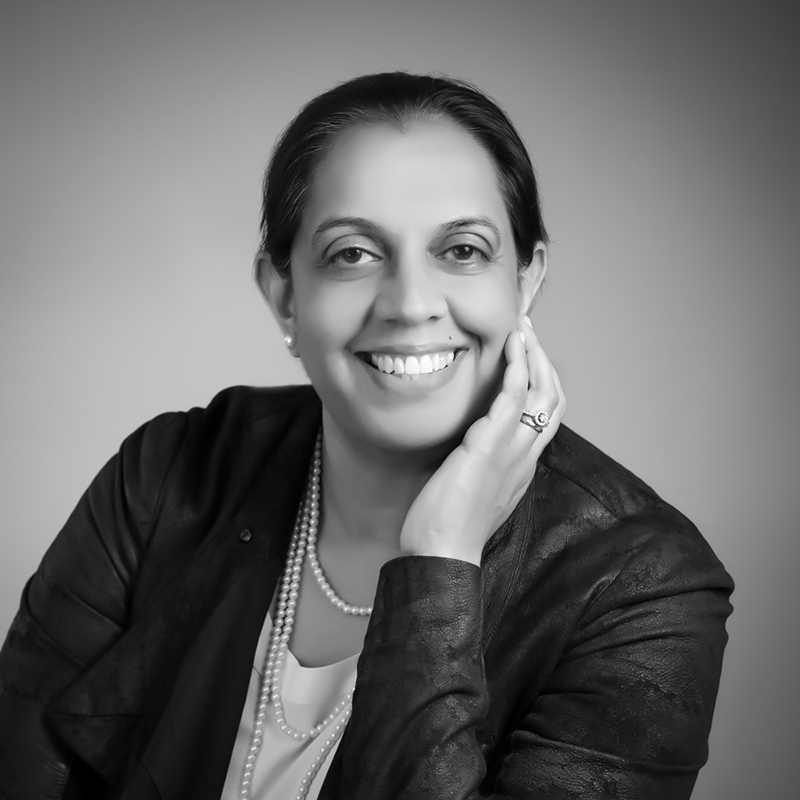
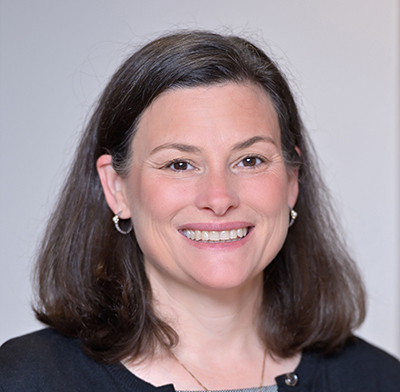
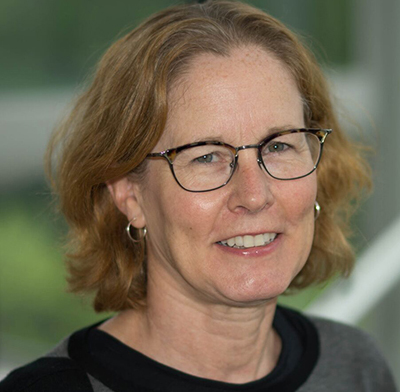
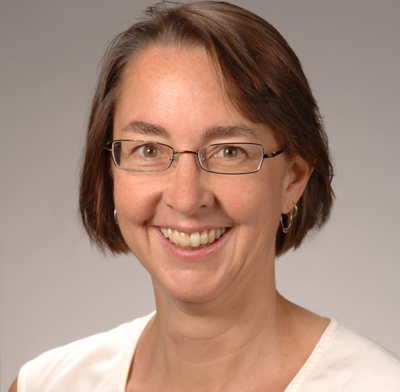
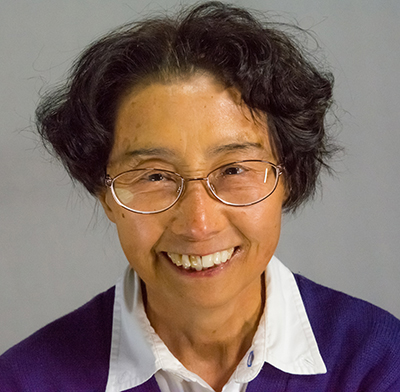
 BACK TO TOP
BACK TO TOP